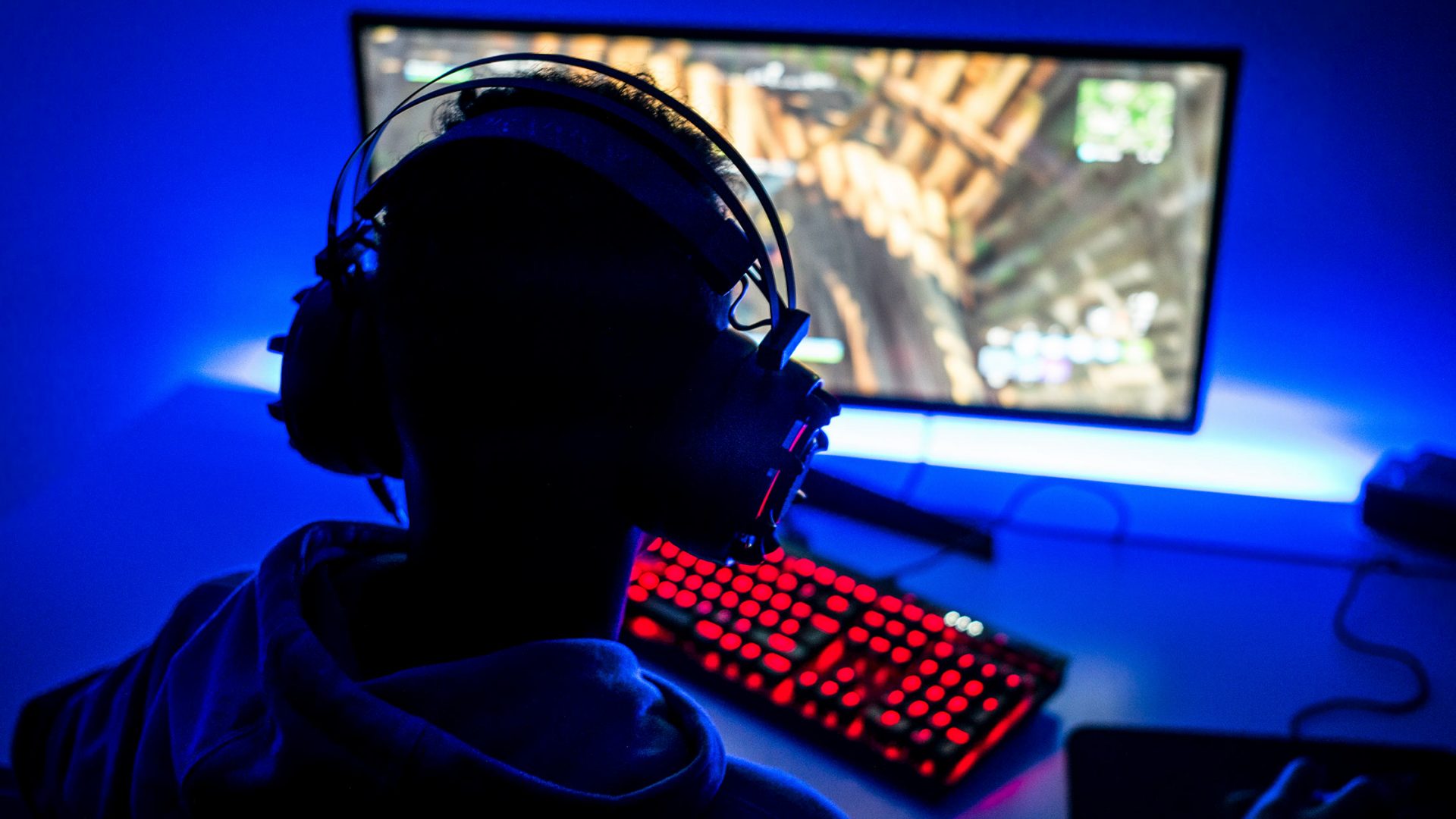Internet games like Call of Duty and Pokémon are a massive global business, generating an estimated total revenue of $196 billion in 2022. The continued growth of online gaming has revealed a considerable downside, however, with psychiatrists seeing an influx of patients presenting with symptoms of gaming addiction. While the fifth edition of the Diagnostic and Statistical Manual of Mental Disorders, released in 2013, listed “internet gaming disorder,” it did so not as a formal disorder but as a condition that could be considered for official inclusion pending more clinical research and experience. In the decade since, interest in identifying diagnostic and treatment strategies has risen significantly.
Anil Thomas, MD, clinical associate professor of psychiatry and director of NYU Grossman School of Medicine’s Addiction Psychiatry Fellowship, discusses the emerging diagnosis of internet gaming disorder, growing clinical interest, and the opportunity to advance research and awareness.
Drivers of Addiction
Physician Focus: How big of a problem is gaming addiction?
Dr. Thomas: It is a growing problem. Multiple factors have contributed to a rapid increase in recent years. Cell phones have made it possible to take gaming anywhere. Additionally, with people sheltered in their homes during COVID-19, the pandemic steepened that trajectory.
In terms of when gaming should be considered a problem, it is when an individual is neglecting other components of life, like taking care of themselves and their daily activities. Playing all night, neglecting social interactions, not maintaining friendships or contacting family, having gaming interfere with other responsibilities like work—these are all suggestive of a problem.
“All patients that come in with any sort of distress, whether it’s anxiety, depression, or any substance use issues, should be screened for a gaming disorder—it’s on the rise. That awareness is so important.”
Anil Thomas, MD
On a neurological level, while there are few studies, it holds true that gaming addiction follows the same pathways in the brain as alcohol, opiate use, or any behavior that is driven by a similar reward system.
Physician Focus: Who seems to be more susceptible to this kind of addiction?
Dr. Thomas: In general, we’re seeing more male than female patients: it’s about 56 to 44 percent. And there is a large cohort of gamers that are adolescents. Their executive function, their prefrontal cortexes, have not developed yet like an adult’s. So they may not be able to make the decision, “Hey, this is too much for me, let me back away from it or temper it.”
At the same time, younger gamers might not have access to the money needed to continue playing. So there is a balance between older and younger players with addiction problems.
Screening Strategies
Physician Focus: What happens when someone with symptoms of gaming addiction goes to a psychiatrist at NYU Langone?
Dr. Thomas: We have addiction psychiatrists who assess for gaming disorders and manage that if it arises. It is a simple question: Do you play video games? And if the answer is yes, then you tease it out and see if they are neglecting other parts of their life. Patients are usually at an extreme point in their addiction before they seek help. There is that denial because it looks so benign until you’ve lost hours and hours of your life and potentially your job or social connections.
A proper assessment is vital. Symptoms could point to another comorbid condition: Do they have an anxiety issue or depressive issue that they’re compensating for with the gaming? In that sense, treating the underlying psychiatric diagnosis with say, an anxiolytic or antidepressant, can improve the gaming addiction. But the thing that really helps is cognitive behavioral therapy. It’s not abstinence, but rather a harm reduction strategy so that the individual can engage in other activities and regain a healthy balance.
Physician Focus: What advice do you have for other clinicians?
Dr. Thomas: I think all clinicians—especially outpatient clinicians, family practice physicians, psychiatrists, internists—when they see a new patient and are screening for some sort of addiction, they should drop a question about internet gaming just to see if this is another issue. All patients that come in with any sort of distress, whether it’s anxiety, depression, or any substance use issues, should be screened for a gaming disorder—it’s on the rise. That awareness is so important.
Increasingly Addictive Games
Physician Focus: To what extent are game developers contributing to the problem by making their games more addictive?
Dr. Thomas: Actively. They have an incentive to get players to spend money and be more engaged. They don’t want to make it too hard to earn in-game rewards. At the same time, they don’t want to make it too boring so that players switch to another game. They want to hit that sweet spot that convinces the gamer to continue to play. That’s called the “flow,” which is the zone where the challenge matches the player’s skill level.
Game developers are actively monitoring where that “flow” is so they can pull in gamers and keep them there—and then playing for 5 hours, 10 hours will feel like the blink of an eye, possibly at the expense of sleep, food, and everything else.
Physician Focus: How can psychiatrists be more actively involved in promoting awareness around the hazards of gaming addiction?
Dr. Thomas: I believe that, like all diseases and aliments, we need to be aware and acknowledge that it exists. We need to educate parents and colleagues on signs of unhealthy gaming behavior, and finally screen for gaming disorder if there are indications.






